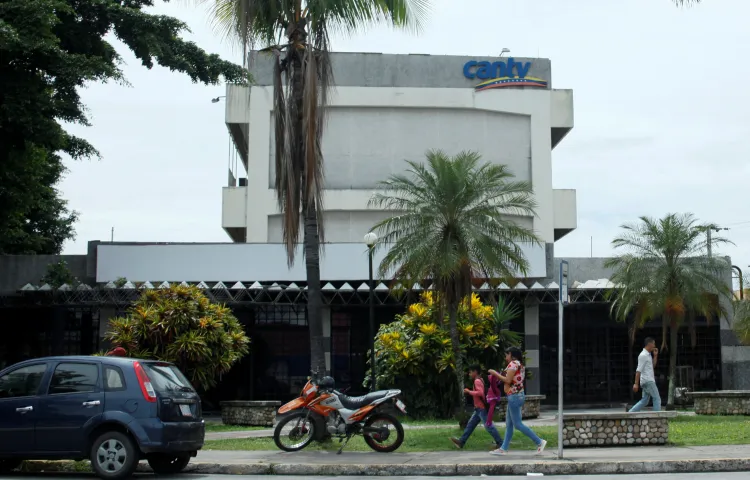
How Venezuela’s government uses private internet providers to restrict access to the news
After seven years of painstakingly building up its audience, Crónica Uno, one of the only high-quality news websites that caters to poor and working-class Venezuelans, was recording up to 15,000 unique page views per day. But after private internet service providers (ISPs) teamed up with Venezuela’s authoritarian government in February to block Crónica Uno and…
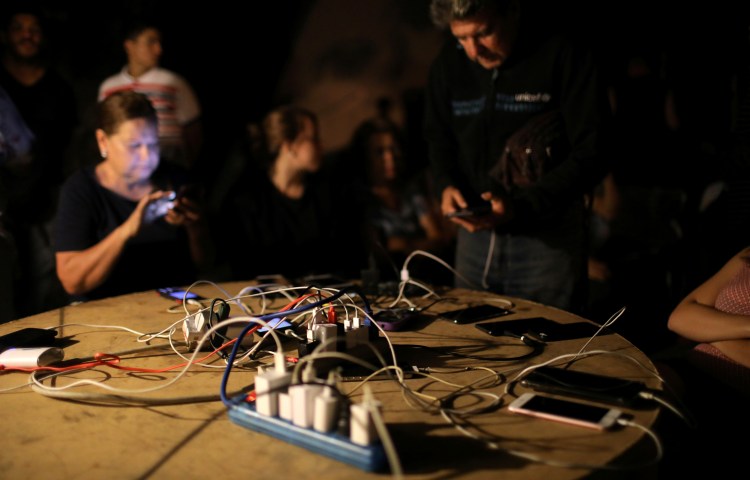
Independent Venezuelan news sites blocked by state-controlled and private service providers
Bogotá, February 4, 2022 – Fresh blocks on a handful of Venezuela’s few remaining independent news websites are a troubling sign of escalating press censorship, the Committee to Protect Journalists said Friday. Journalists and experts say private internet service providers (ISPs) are censoring the sites for the first time, though they have been unavailable on…
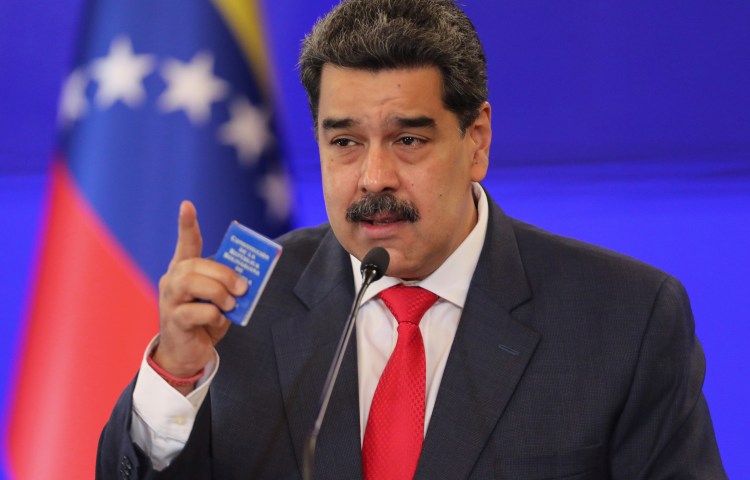
Proposed Venezuelan foreign funding law could have ‘huge impact’ on independent outlets
When Ewald Scharfenberg launched the investigative news website Armando.Info in 2014, about half of his start-up funds came from Venezuelan donors, subscribers, and advertisers, while overseas foundations provided the rest. But amid the worst economic crisis in Venezuela’s history, local income has disappeared, forcing Scharfenberg to rely almost entirely on international donations to keep Armando.Info…
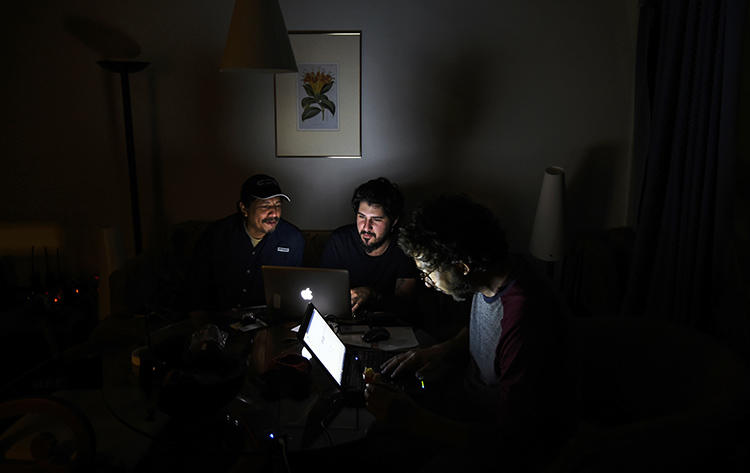
Maduro’s internet blackout stifles news of Venezuela crisis
One of the world’s biggest news stories on March 4 was the daring return to Venezuela of opposition leader and self-proclaimed interim president Juan Guaidó, who faced possible arrest by the authoritarian regime of Nicolás Maduro. But most Venezuelans were unable to follow his homecoming.
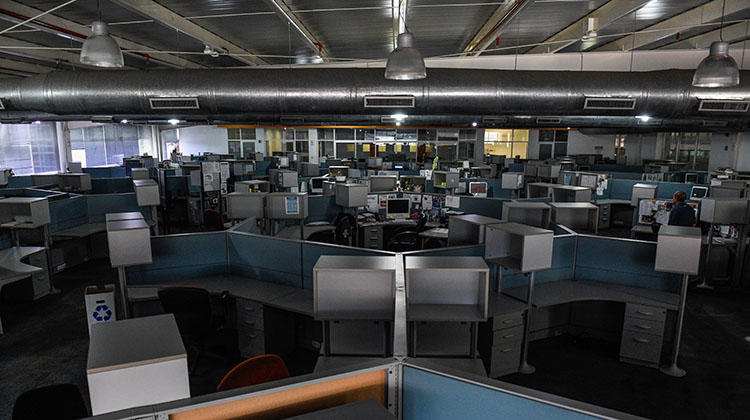
Lawsuits and economic crisis drive Venezuela’s journalists into exile
When Ewald Scharfenberg, the founding editor of the Venezuelan investigative news website Armando.Info, holds editorial meetings, he pulls out his mobile phone. That’s because most of his reporters are in Venezuela while Scharfenberg lives and works in neighboring Colombia.
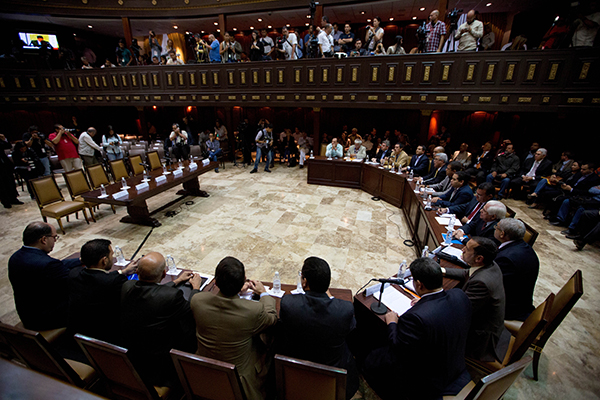
Venezuela’s national assembly reopens to the press after five-year ban
When security guards opened the doors to Venezuela’s colonial-era National Assembly building last Wednesday, I was among the dozens of reporters who swarmed inside. Even though the day’s legislative session would not be called to order for another three hours, every seat in the press galley, located on the second-floor balcony overlooking the chamber, was…
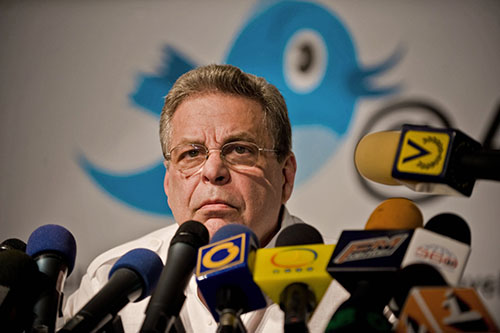
In Venezuela, online news helps journalists get their voices back
When Venezuelan President Hugo Chávez was rumored to be gravely ill four years ago, his socialist government was tightlipped about the diagnosis. Then in June 2011 a source in Havana, Cuba, where Chávez was being treated, told Nelson Bocaranda, a veteran columnist for the Caracas daily El Universal, that the president had cancer.